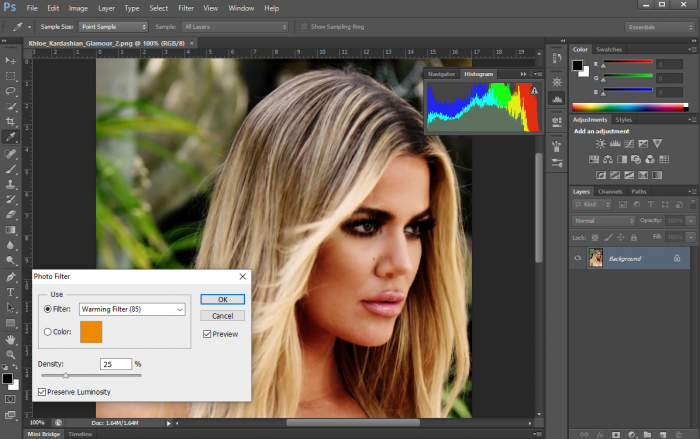Ought a woman aspire to be more?
Being born a woman comes with a collective and unconscious history of trauma and pain—stemming from patriarchal and misogynistic societies.
During the past few decades, some shifting has happened across the world, owing to feminist movements fighting for equal rights. It’s a process that is still ongoing. Even virtually, women are being victimised and made to feel insecure for being who they are, sometimes even by their own sex.
A few days ago, I came across a news article that a world-famous, female celebrity, Khloe Kardashian, had her natural, unedited photo go viral. She made sure that this picture was removed online ASAP. Perhaps it is her right to choose what images to show the world. But the cost of keeping up appearances has a high emotional price tag—not just to herself, but to the rest of us as well.
In a way, it is as if she is a prisoner to the false images of perfection her family has been portraying and promoting for years. A prisoner to her business. A prisoner to people’s opinions of herself. A prisoner to her looks. Is this all a woman can aspire to be?
The intense, emotional reaction of shame for not looking picture-perfect is a dangerous road. What is the opposite of perfect? Is it being real, vulnerable, and genuine? Is it being human? Is this not enough? Is the fear of being not worthy enough—looking less than perfectly photoshopped—too unbearable?
Social media is such a powerful tool. I think public personalities ought to be duty-bound and ethically responsible to publicly and visibly care not for their own selves and pockets, but for the thousands, the millions, who are watching their every single step. These followers include young, vulnerable persons whose playground is social media. They are at an age of figuring out who they are and who they want to become, and these celebrities will be influencing them.
We are already living in a mental health crisis as it is.
If public personalities are not willing to hold compassionate and empathic spaces for themselves and for others; if public personalities are not okay with having a good enough picture of themselves circulating online without such a strong emotional reaction; if public personalities are not willing to discuss topics other than their looks; if public personalities are not willing to educate, be real, be vulnerable, and be human—then I wonder if they ought to be in the public sphere after all.
And this is, perhaps, a stretch here, but: what if some kind of regulation could be put in place related to public personalities and media in general? Not in an oppressive stance, but to help build responsible, “equal,” educated, conscious, mentally healthy citizens of the world?
Of course, who will decide about who ought to regulate and what are the criteria are is another story altogether.







Read 1 comment and reply